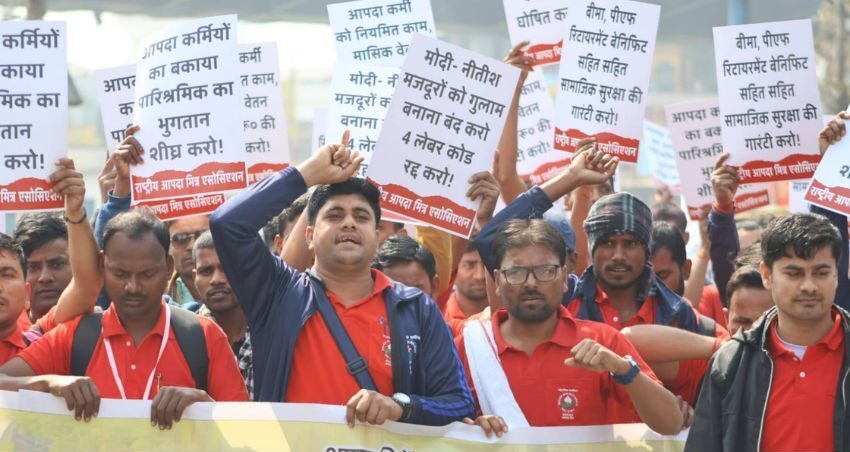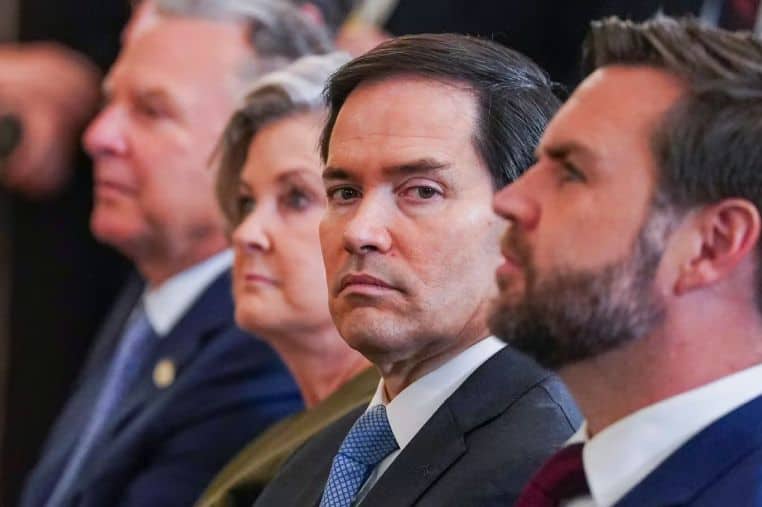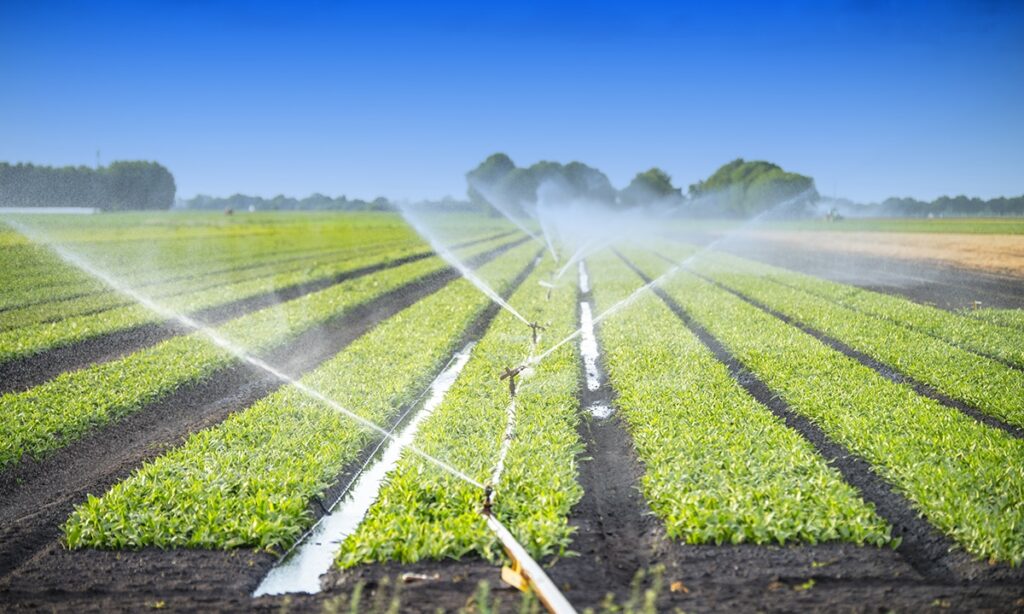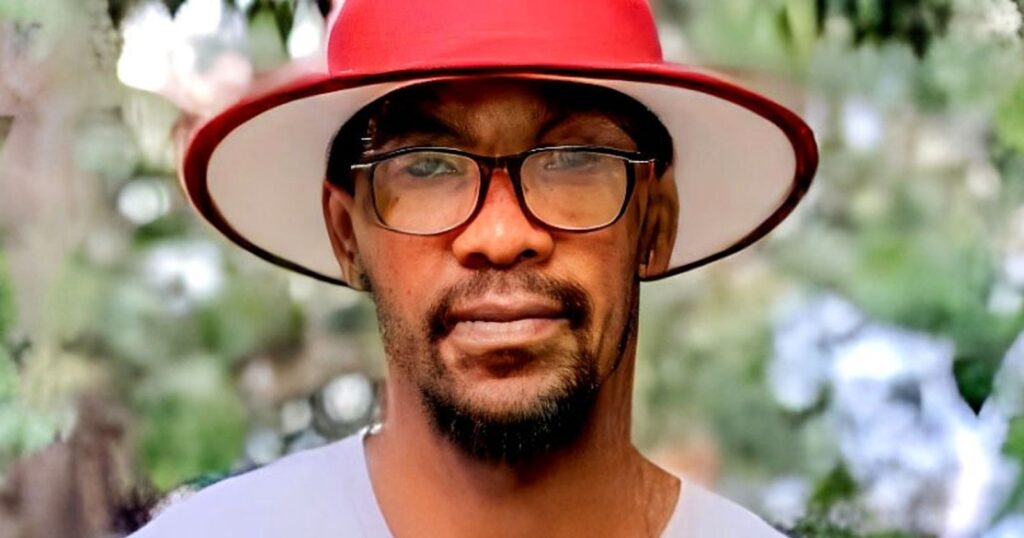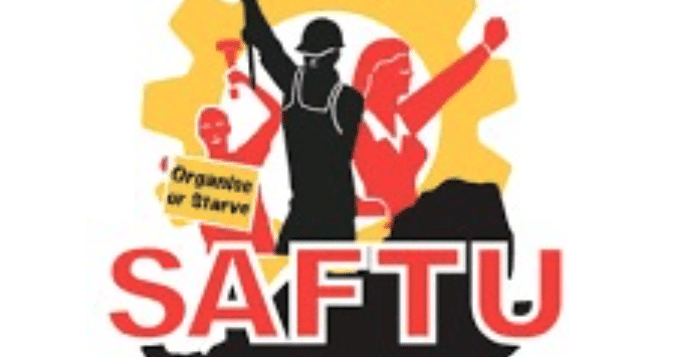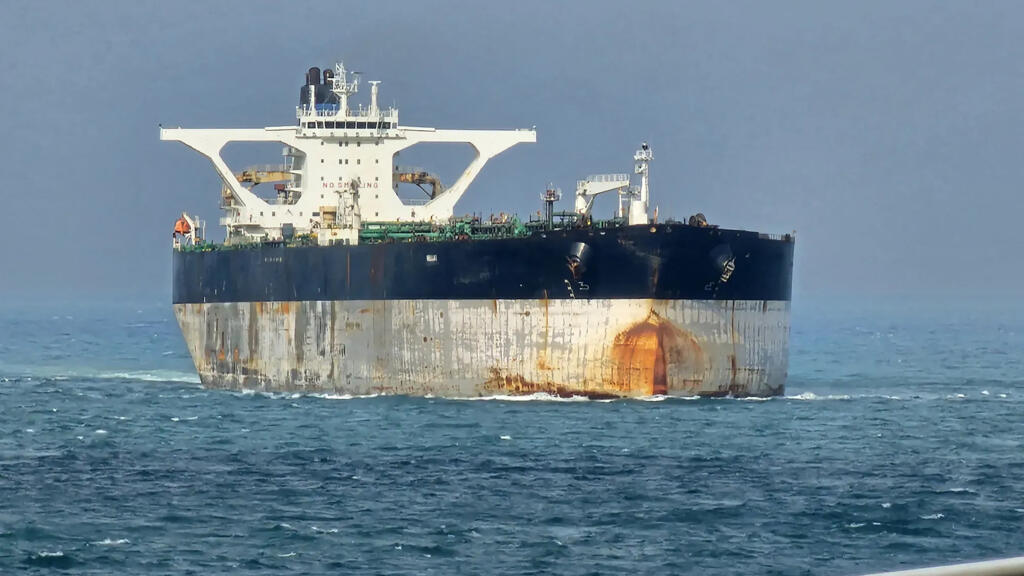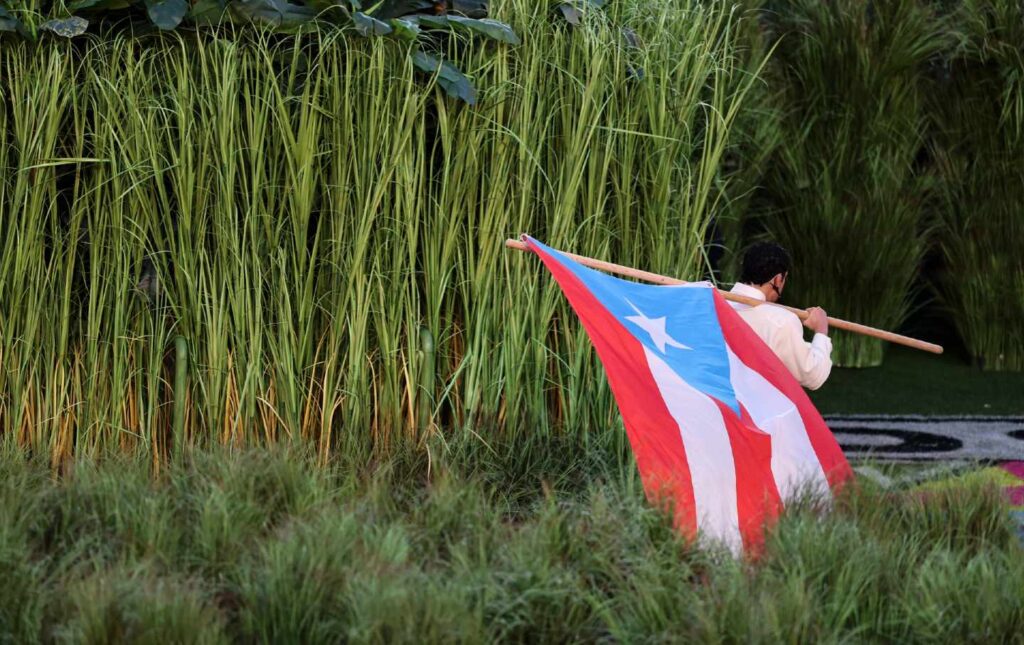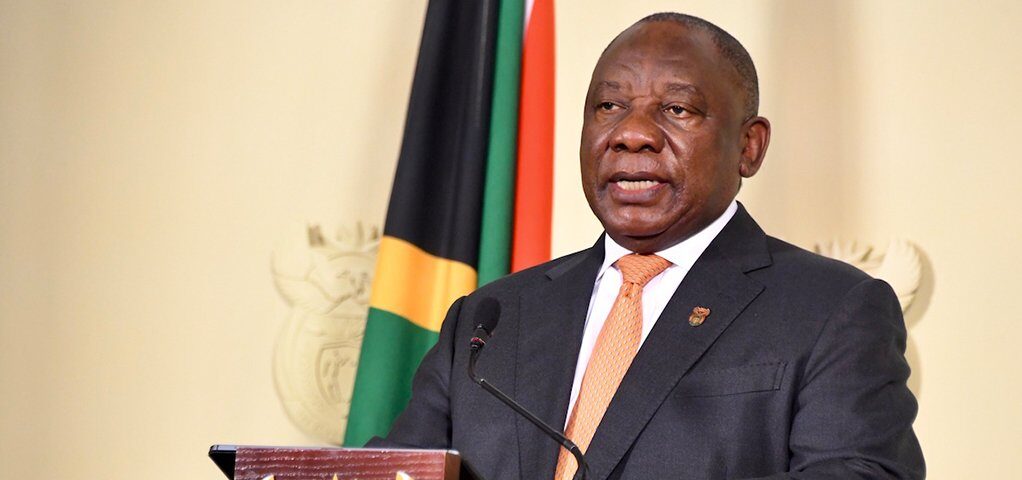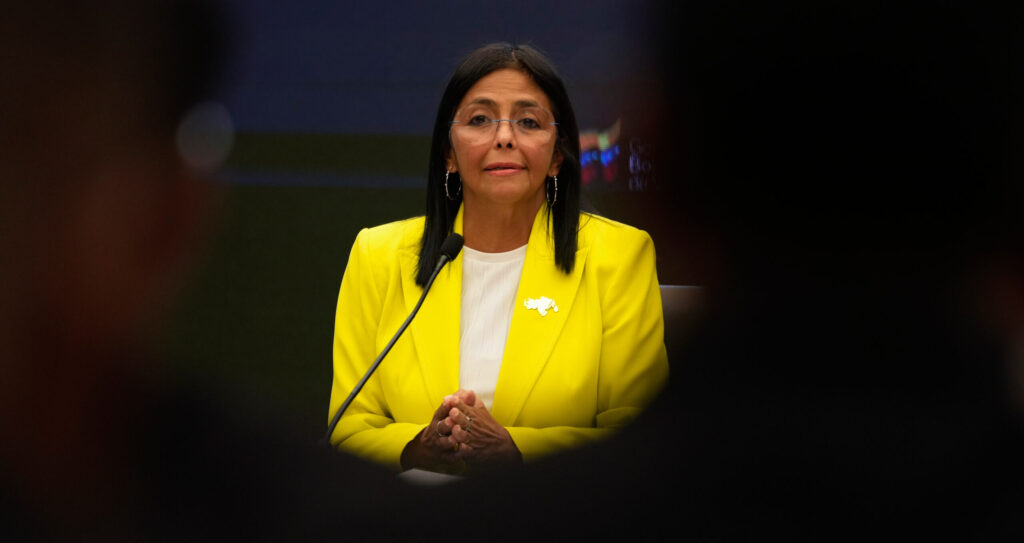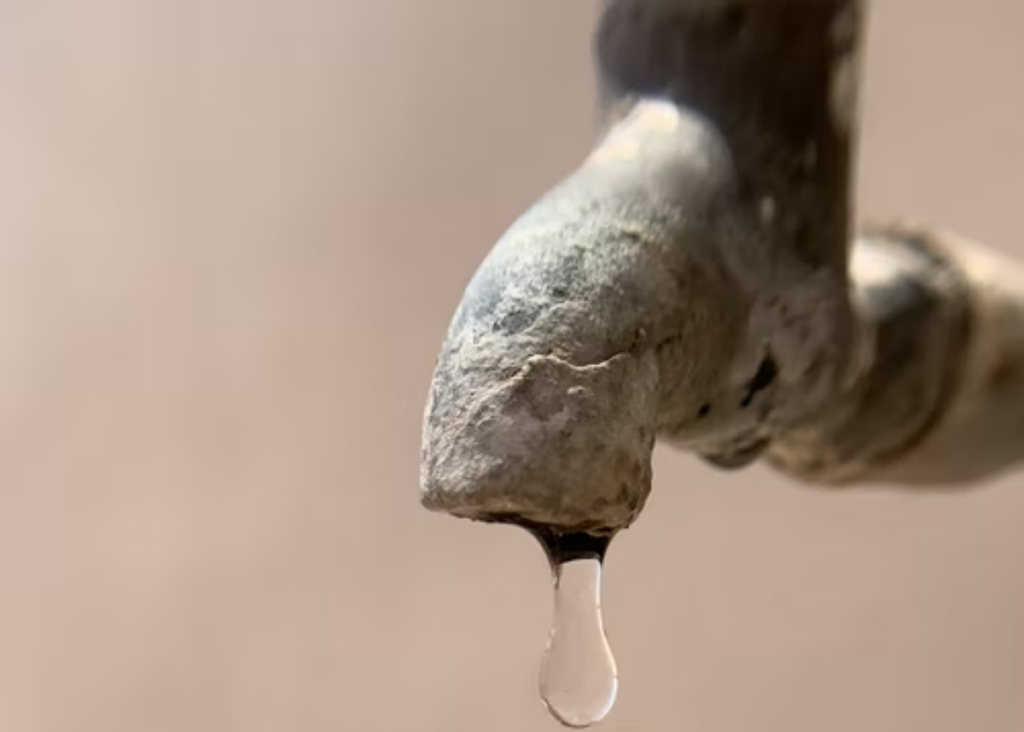There is a rising noise about the water crisis in South Africa that has been prompted by frequent interrupted supply to those living in the industrial heartlands of the country. How are eco-socialists responding locally and globally to an international global issue powered by the climate and ecological crisis and the neo liberal governance framework?
The global situation today is that 10 per cent of the planet’s fresh water is dedicated to domestic consumption. The rest is divided between industry and agriculture, with the lion’s share (around 65%) going to agriculture. This breakdown remains true for South Africa.
Sustainability out of the window
According to Maggie Black, ‘During the first three-quarters of the 20th century absolute and per capita demand for water increased throughout the world. Freshwater withdrawals increased from an estimated 500 cubic kilometres per year in 1900 to 3580 cubic kilometres per year in 1990.’
So, while industry and agriculture are not only the largest direct users of bulk of water, they are also responsible for the shrinking availability of water overall. Industrial processes not only use water; they pollute and contaminate it, so that it will not and cannot be returned, reducing the overall amount of available water year on year. This brings nature into focus. Frederik Engels, followed by Rachel Carson in the 1950s, developed what many see as the fundamental law of ecology. In short, that nature cannot be conceived as some static, discreet, sliceable unit, but rather needs to be characterised as an ‘interconnected and mutually dependent system in which each part is indispensable to the whole’.
The shrinking amount of water on the planet is further troubled by the fact that most of the world’s fresh water sources are stored in the northern hemisphere. In addition, new scientific studies show that a 3C degree rise in average global temperatures by 2050 will occur if we continue with the business as usual scenario for the next ten to fifteen years.
For South Africa, the wider region, and most of our continent, this means a 6C degree rise. The United Nations forecasts that our interior and west coast is set to become dryer as average annual rainfalls drop. Higher temperatures mean higher rates of evaporation from our rivers and our dams, many of which are shallow. The near future is full of peril, elements of which are already surfacing.
Presently, local conditions in the north of the country are most severe where household demand for water is outstripping the ability to supply. But the root of our problem is not only climate change but also the unreformed nature of water supply systems. Rand Water (RW) supplies 19 million households, plus farms and mines across four provinces, Gauteng, Mpumalanga parts of the Free State and North West Province.
Farms and Mines before households
Rand Water (RW) was established over a century ago primarily to service the farms, mines and Eskom . It was established to service the Minerals Energy Complex which became the dominant force in the political economy. Through RW’s corporatisation in 1993, it managed to shield itself from the drive for reform in the water sector that was first laid out in the Reconstruction and Development Programme. Its core rationale was to advance an agenda that ensured the then existing marketplace for water could be defended and promoted.
Consequently, it raised the price of water it provides to scores of municipalities in the name of the cost recovery model, recouping state expenditure on water. Soon thereafter, several Water Boards were established, covering most of the country, following the lead of RW. Some big municipalities followed and established their own water agencies.
The cost recovery model has led to a huge underspend in the supply and distribution infrastructure, which means on average 35% of all water purchased by municipalities from water boards is lost to leaking pipes and reservoirs. The lack of investment in sanitation infrastructure which cannot be separated from this has had deadly consequences due to cholera outbreaks, the recent being in Hammanskraal in 2023.
More Commodification
The state now seeks to address the R900 billion backlog in investment required to avert a generalised collapse of our water systems by introducing Public Private Partnerships which involves a massive transfer of taxpayer money into private hands. The government have committed R100 billion and aim to raise the same amount from the private sector. To date they have raised R23 billion. The state will seek to raise further funds by supporting municipalities to increase revenue collected primarily from poor households, many of which are not currently paying. This will mean, among other things, an aggressive rollout of pre-paid meters and continued squeeze on water supply to peri urban and rural communities
The cost of water has increased faster than energy prices since the late 1990s resulting in decreased access to dignified amounts of water which according Tracey Ledger from PARI has stated ‘…the current trajectory is intensifying a crisis of social reproduction – that is, the everyday work of life-making that includes care and infrastructural access – with gendered and racialised dimensions. Functional municipalities are critical for social reproduction, suggesting the urgent need to rethink and remake the model for providing public goods and to orient it explicitly toward life-making as opposed to revenue-making.’
Fighting back
Water Justice struggles are intensely political and have been erupting around the country in recent months from Queenstown to Johannesburg. While initially concentrated in our townships in the 2000s, in the recent period these struggles have spread to suburbs in the cities. The work of building water justice coalitions has begun in our major cities. ZASO members have been particularly active in Nelson Mandela Bay, Gauteng and in parts of Cape Town.
The inability, or more accurately, the refusal of Rand Water to allocate sufficient amounts of water to municipalities will mean they will continue to be unable to meet household demand. Interrupted supply of water, water tankers, cuts offs for ‘illegal’ connections, the drive to introduce ‘smart’ prepaid meters, will all remain with us for the foreseeable future. Many ‘experts’ believe the promised additional supply from Lesotho in 2028 will not solve our problems.
The role of eco-socialists is to urge our community-based structures to support and organise protest action that makes the big demands for a genuine participatory democracy, to defend the commons, our public goods, but also to deepen the understanding of the politics of water under capitalism. The role of militants is to defend our right to water and to what a dignified amount equates to, but also to explain the systemic barriers in place. In short we have to raise transformative demands that challenge the hold of neo-liberal thinking. Water Justice today means that water stressed communities can only win by fighting for an equality of supply and distribution which means local democratic control of water. Real system change means moving beyond the slogan.
Rehad Desai is active in Civic Action for Democracy and Equality (CADE) Gauteng. See report on this website. He is also been facilitating the building of water justice coalitions in the Western Cape and Limpopo.
Recommended reading The Last Drop: The Politics of Water (2015)


